1
/
of
5
Curio 'String of Bananas'
Curio 'String of Bananas'
Regular price
$22.99 USD
Regular price
Sale price
$22.99 USD
Unit price
/
per
Shipping calculated at checkout.
Free Shipping on All Plants
Curio radicans 'String of Bananas', formerly Senecio radicans is an intriguing trailing succulent known for its elongated, banana-shaped leaves that dangle along cascading stems, resembling a string of green bananas. Exhibiting a fast-growing and trailing growth habit, 'String of Bananas' can drape several feet, making it a fantastic choice for hanging baskets or elevated containers where its distinctive foliage can be showcased.
Botanical & Common Names
Botanical & Common Names
Botanical: Curio radicans (formerly Senecio radicans)
Common: String of Bananas, Banana Vine, Fishhook Senecio, String of Fishhooks
Necessary Care Tips
Necessary Care Tips
- Light: Bright Indirect
- Ideal Temperature: 60-80°F
- Humidity: Medium
- Water: Allow the soil to dry out completely between watering
- Fertilize: Every 6-8 weeks during the growing season with a balanced fertilizer diluted to half strength
- Preferred Soil: Cacti and Succulent Potting Mix
Advanced Care Tips
Advanced Care Tips
- Senecio's can tolerate some direct light.
- Trim back excessively long stems to maintain shape and encourage bushier growth.
- Easily propagated through stem cuttings. Allow the cut end to callous over before planting in soil.
Plant Insights
Plant Insights
- Member of the Asteraceae family, also known as the Aster, Daisy, Composite, or Sunflower family, is one of the largest and most diverse plant families in the world that includes over 32,000 species.
- Senecio species are found worldwide, from desert regions to mountainous terrains and tropical areas. Some popular species like Senecio rowleyanus (String of Pearls) are native to parts of Africa.
- Senecio plants are generally adaptable and can tolerate less-than-ideal conditions, making them suitable for beginner gardeners.
- The Senecio genus is a diverse group of plants that includes both succulents and non-succulents, and they come in various forms such as trailing vines, shrubs, and ground covers.
- Unsafe / Toxic
- Low Maintenance
Couldn't load pickup availability
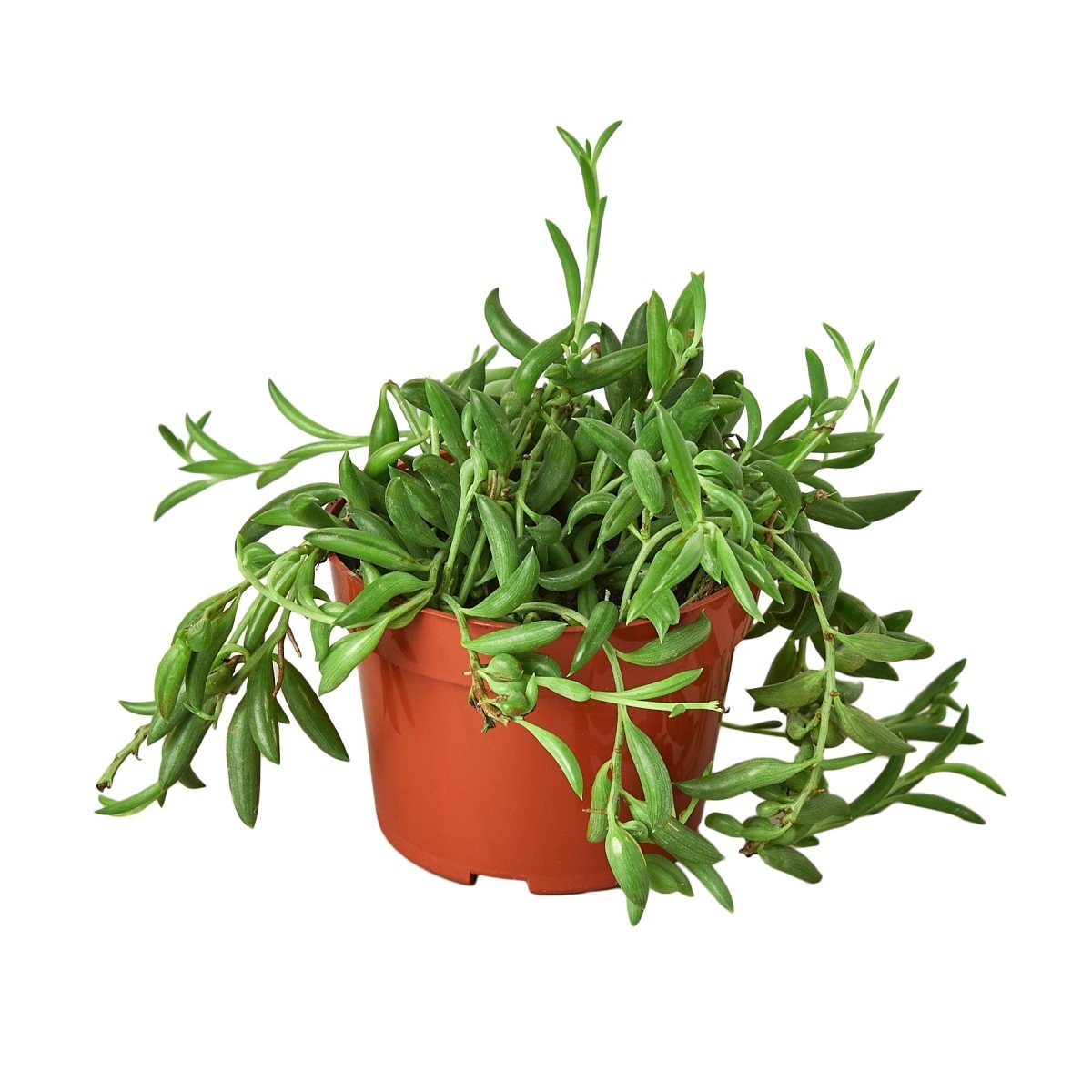
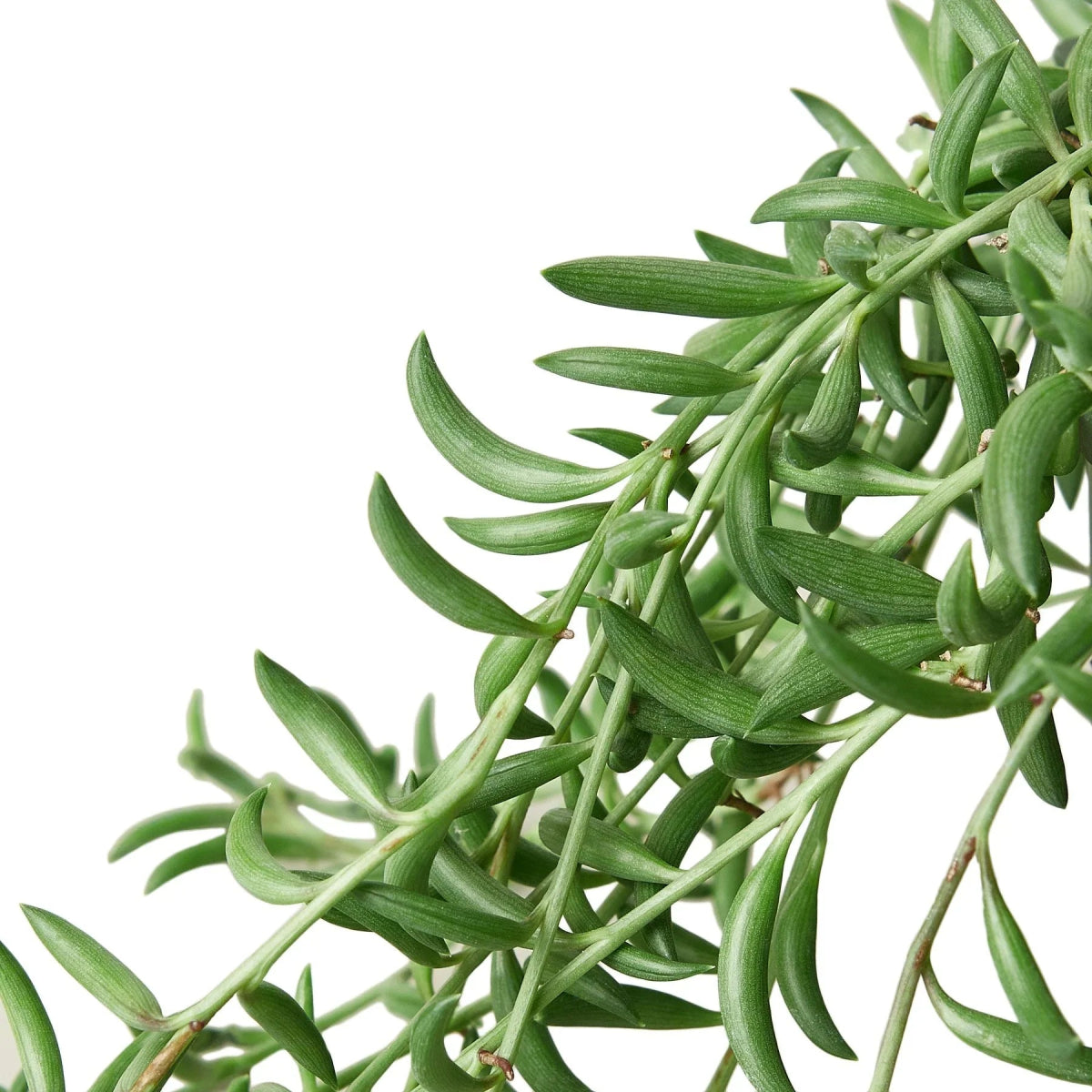
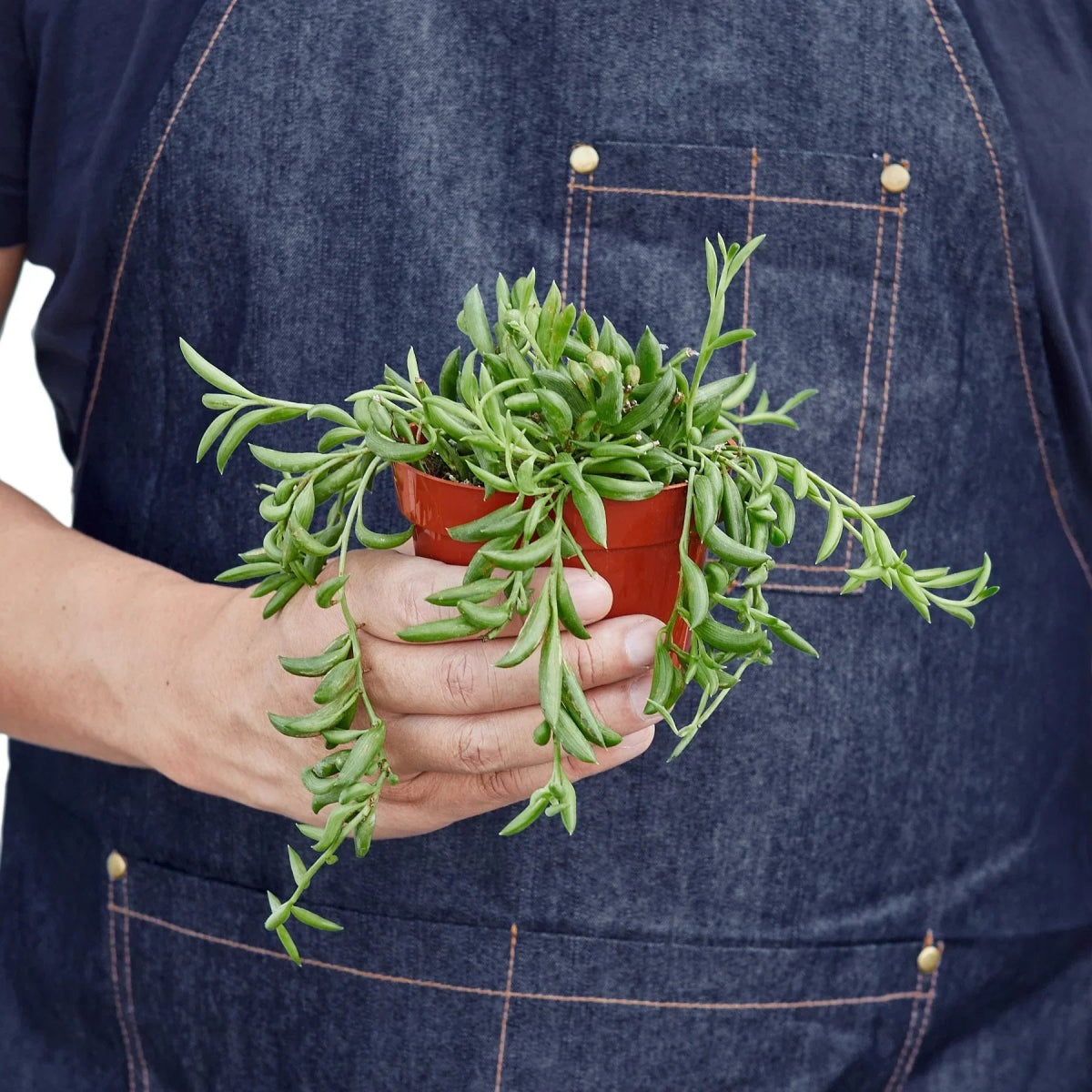
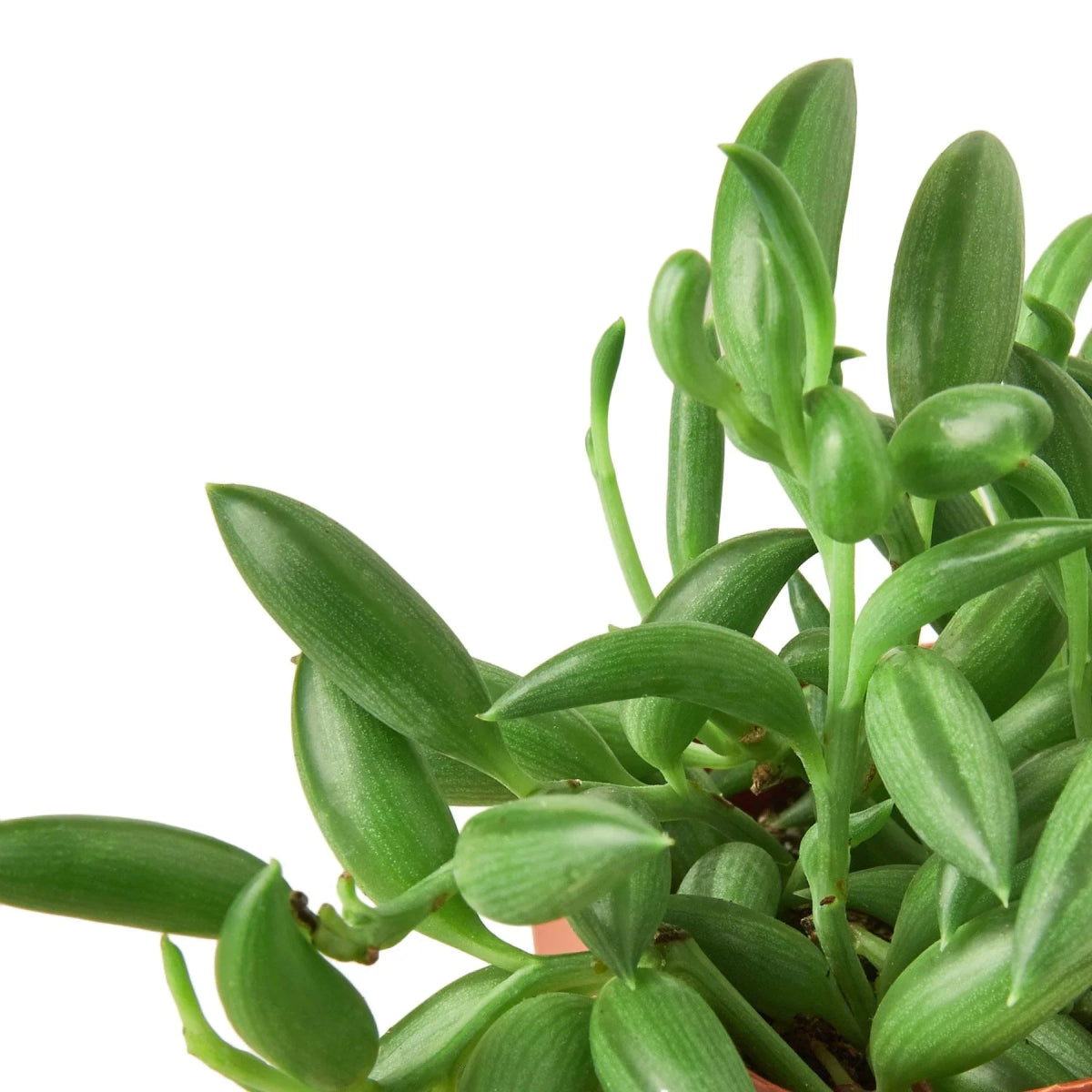
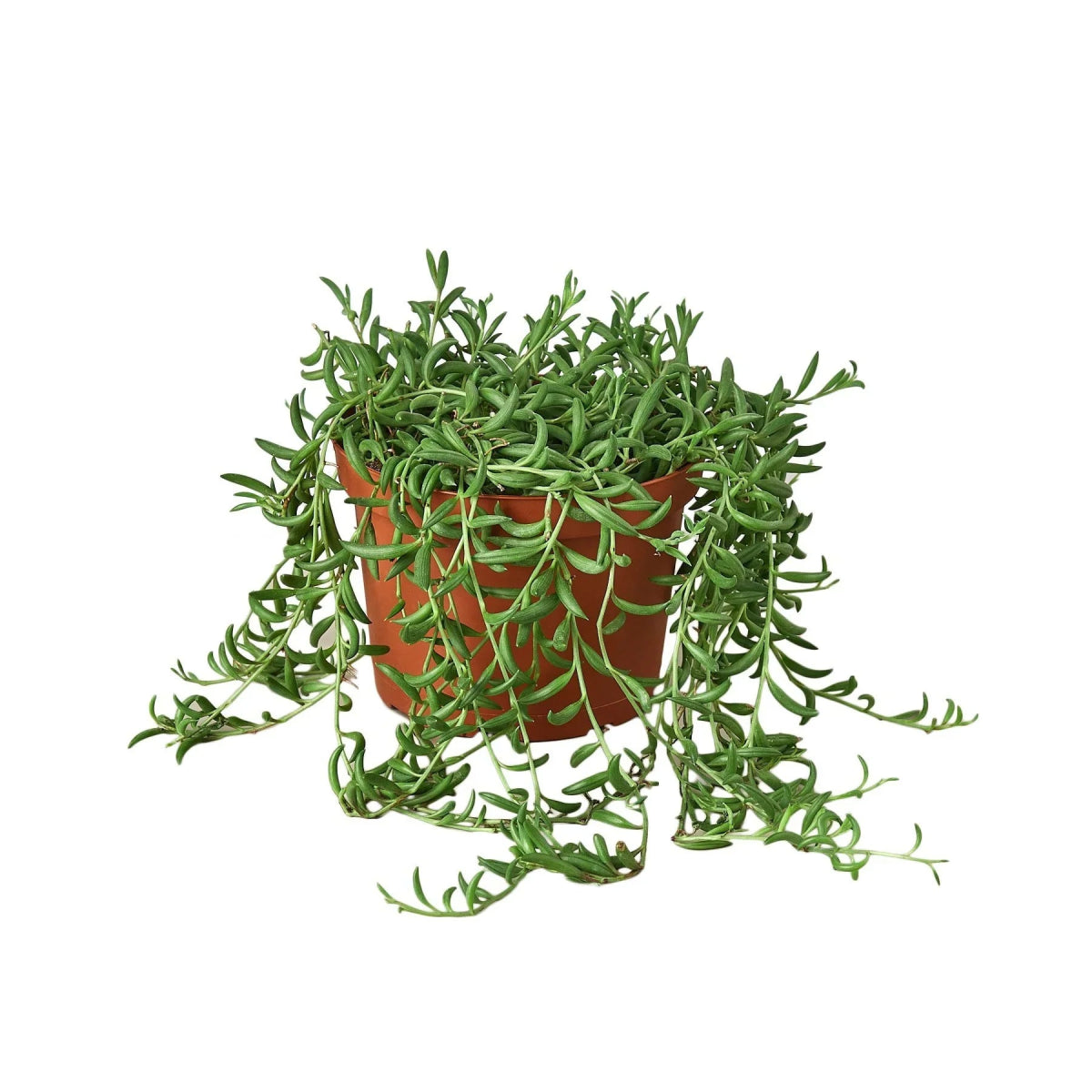
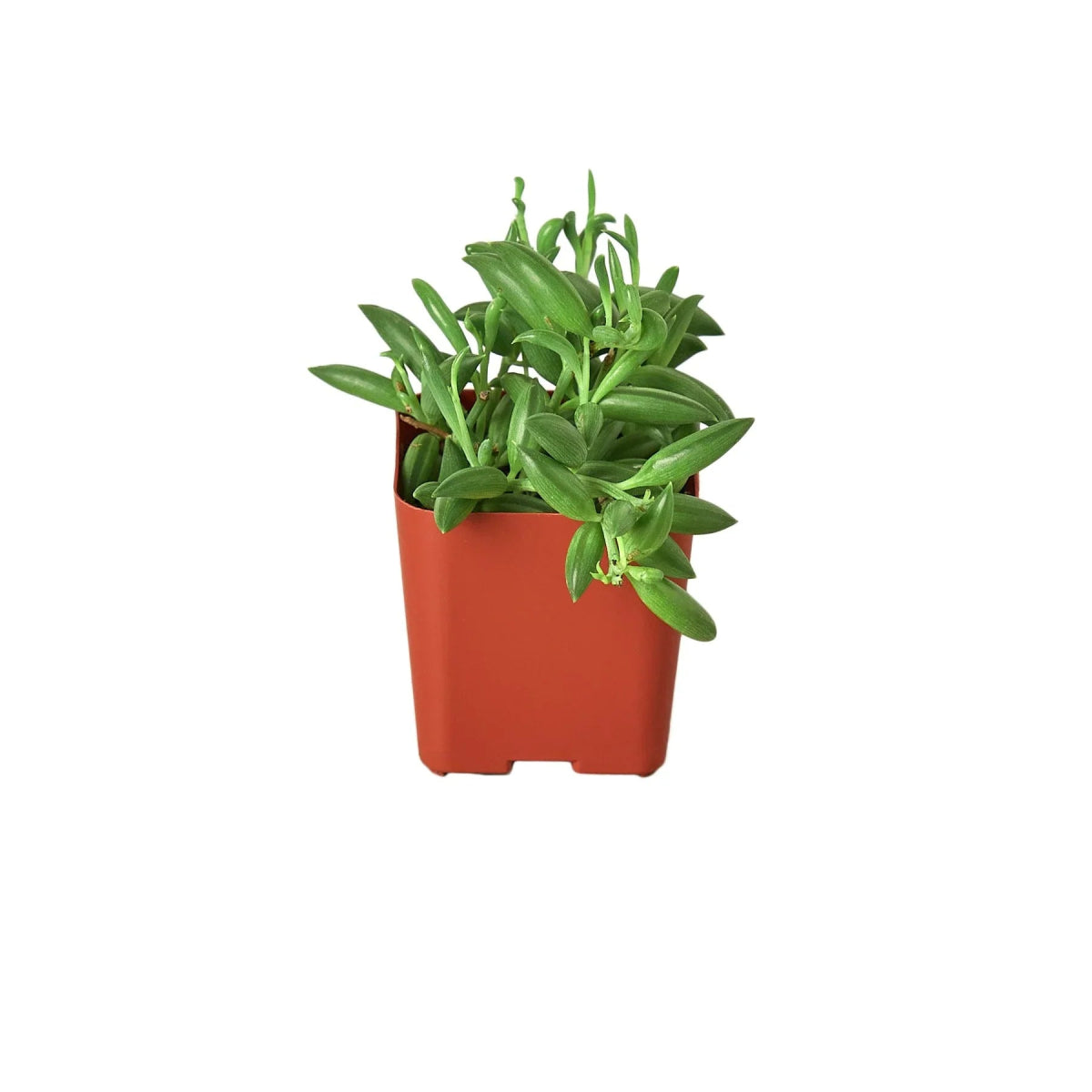
Subscribe to our emails
Be the first to know about new collections and exclusive offers.





